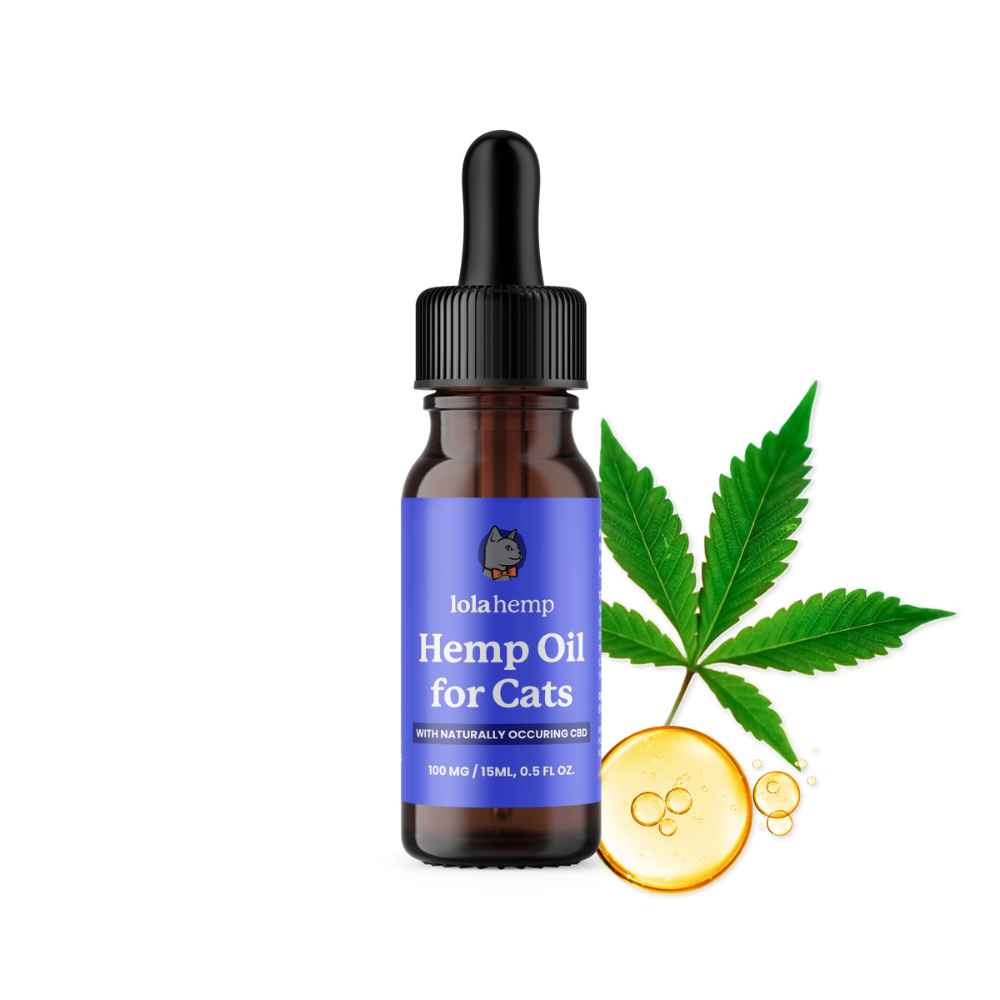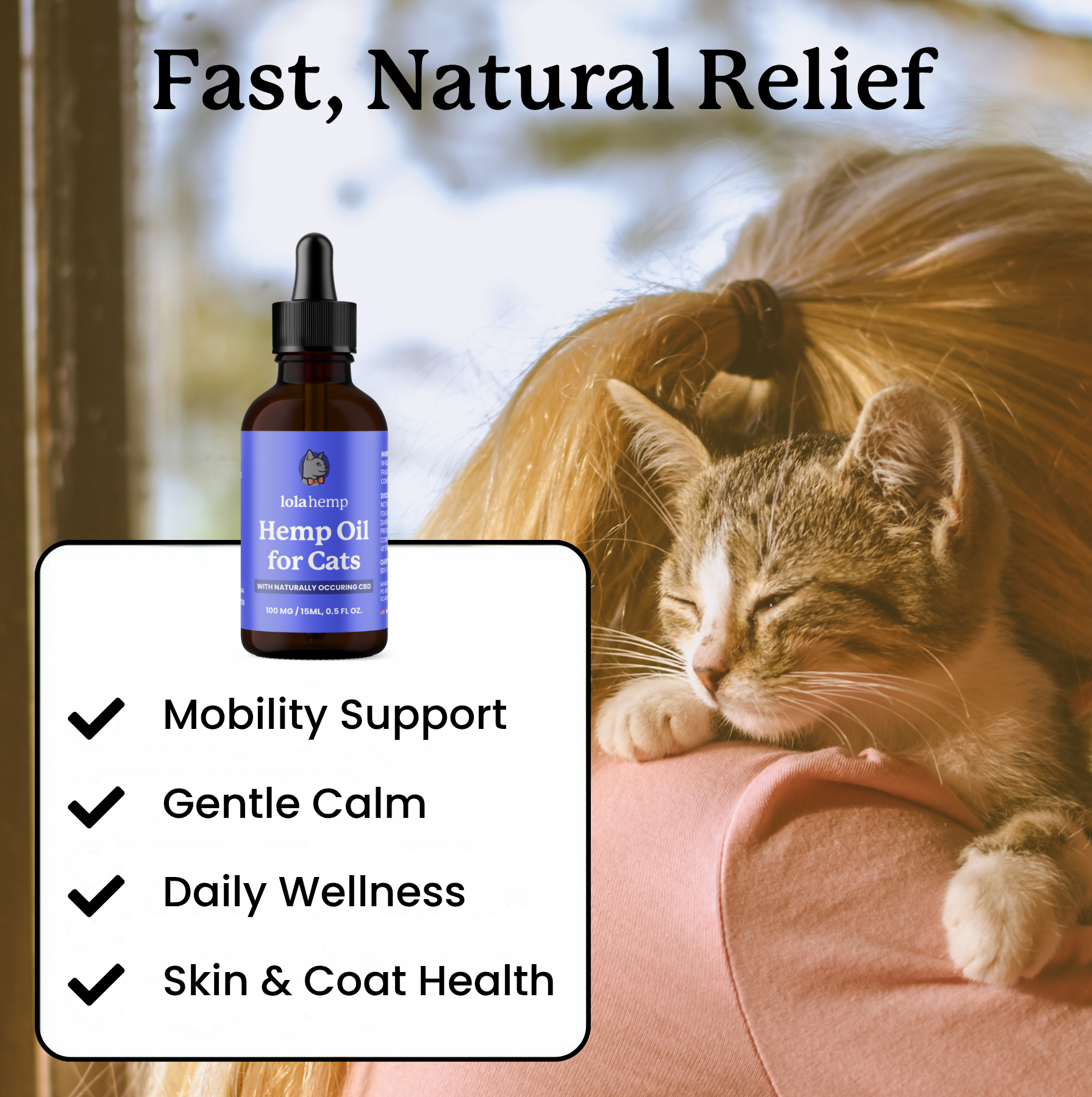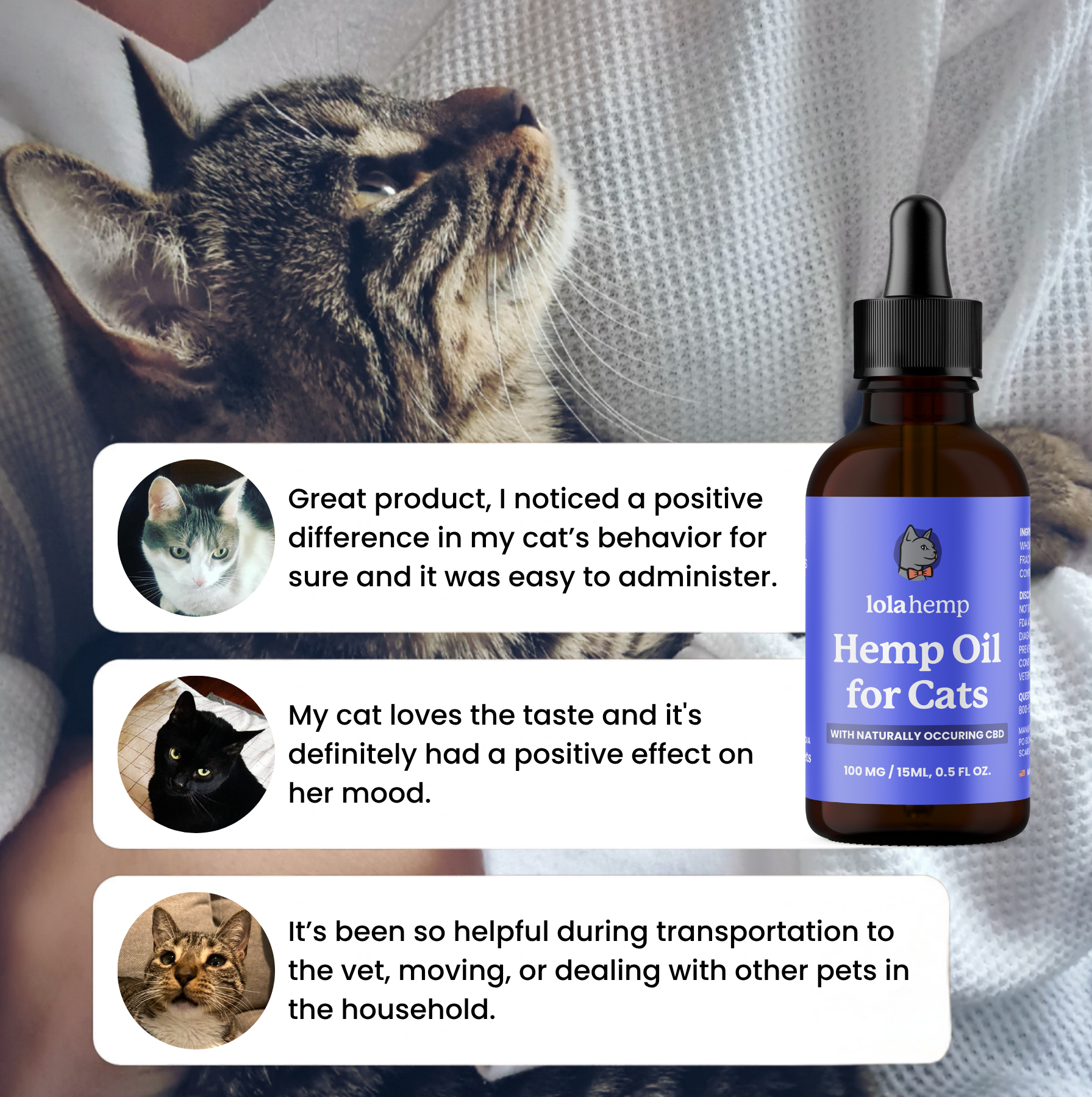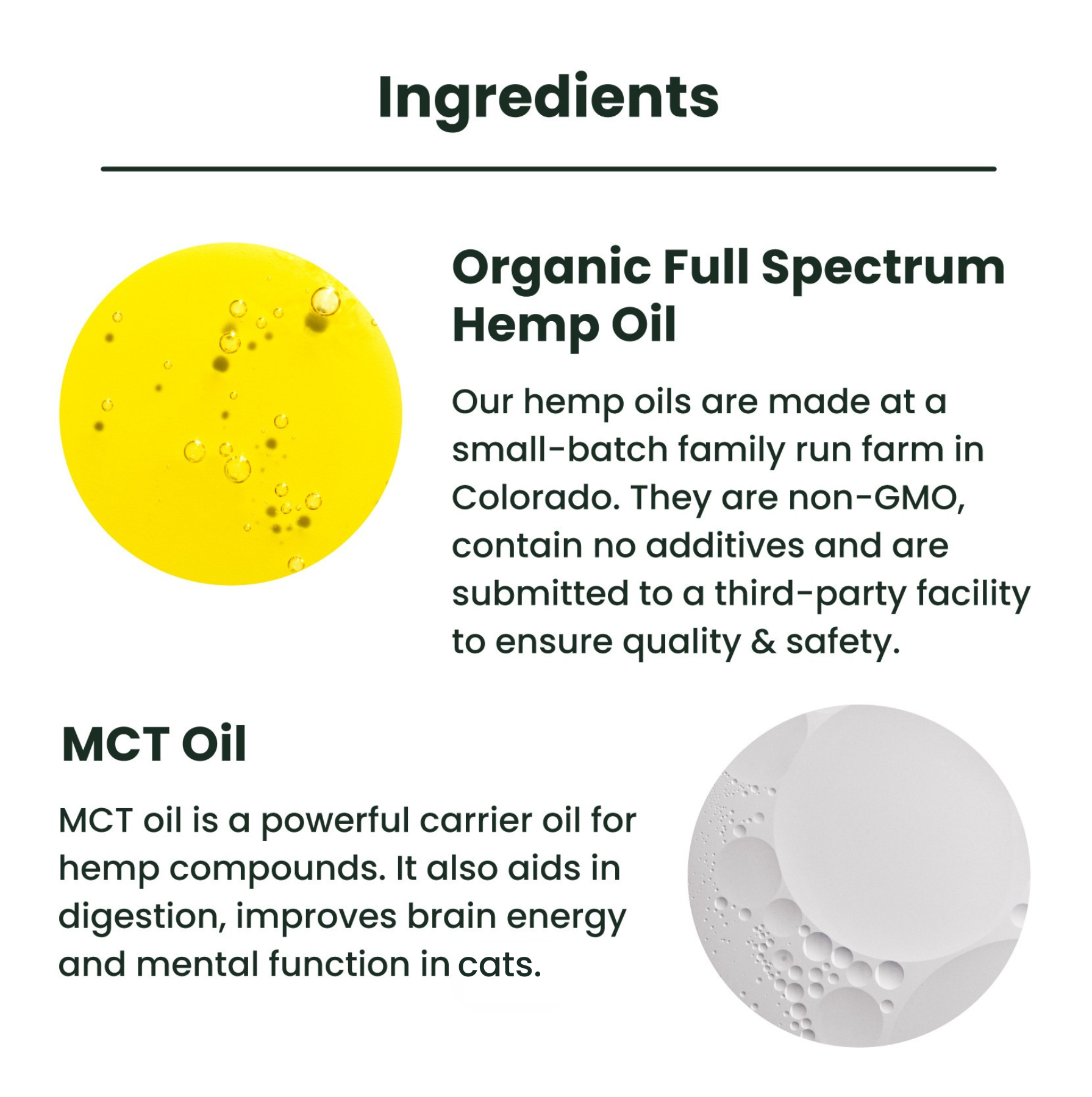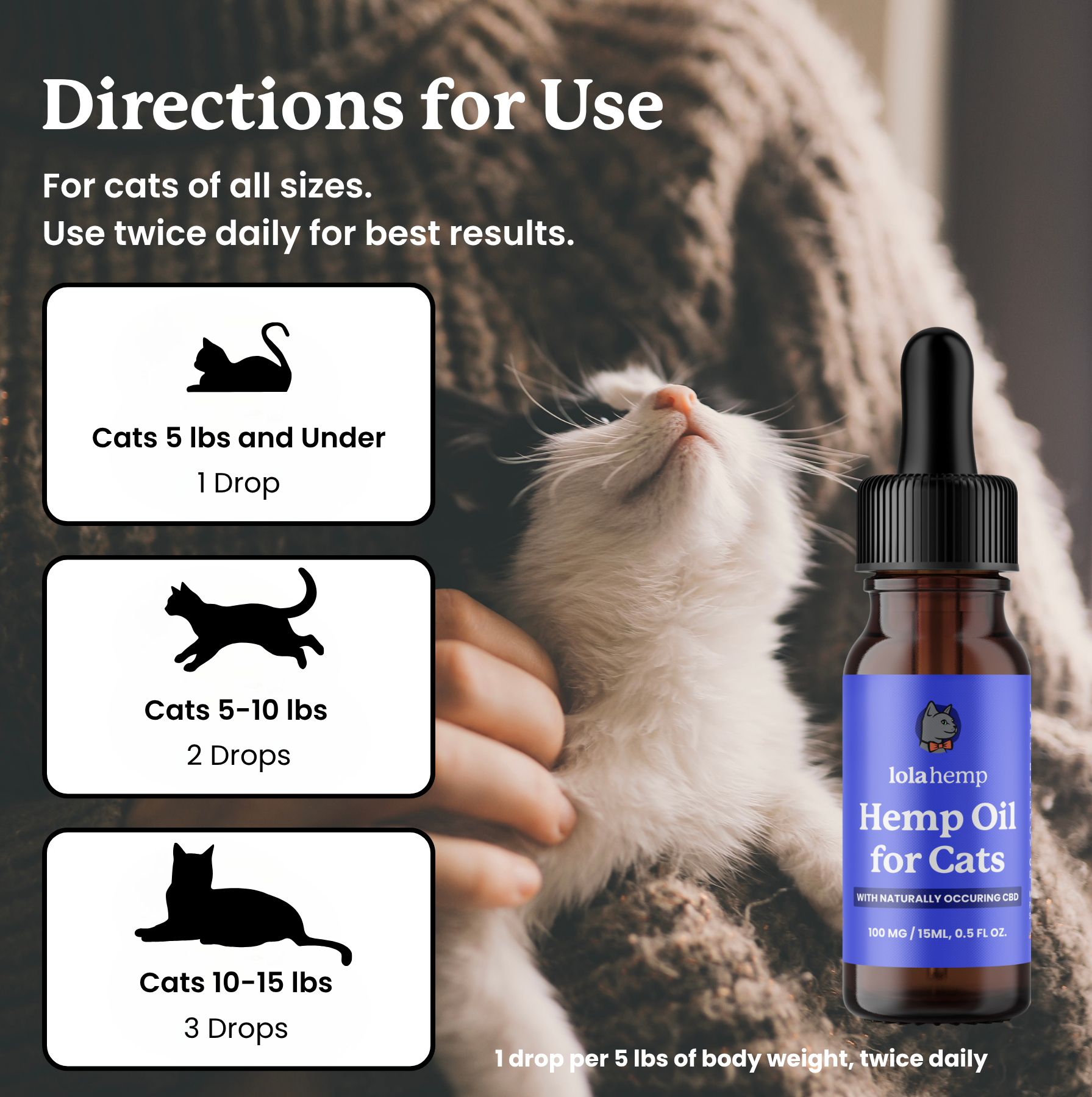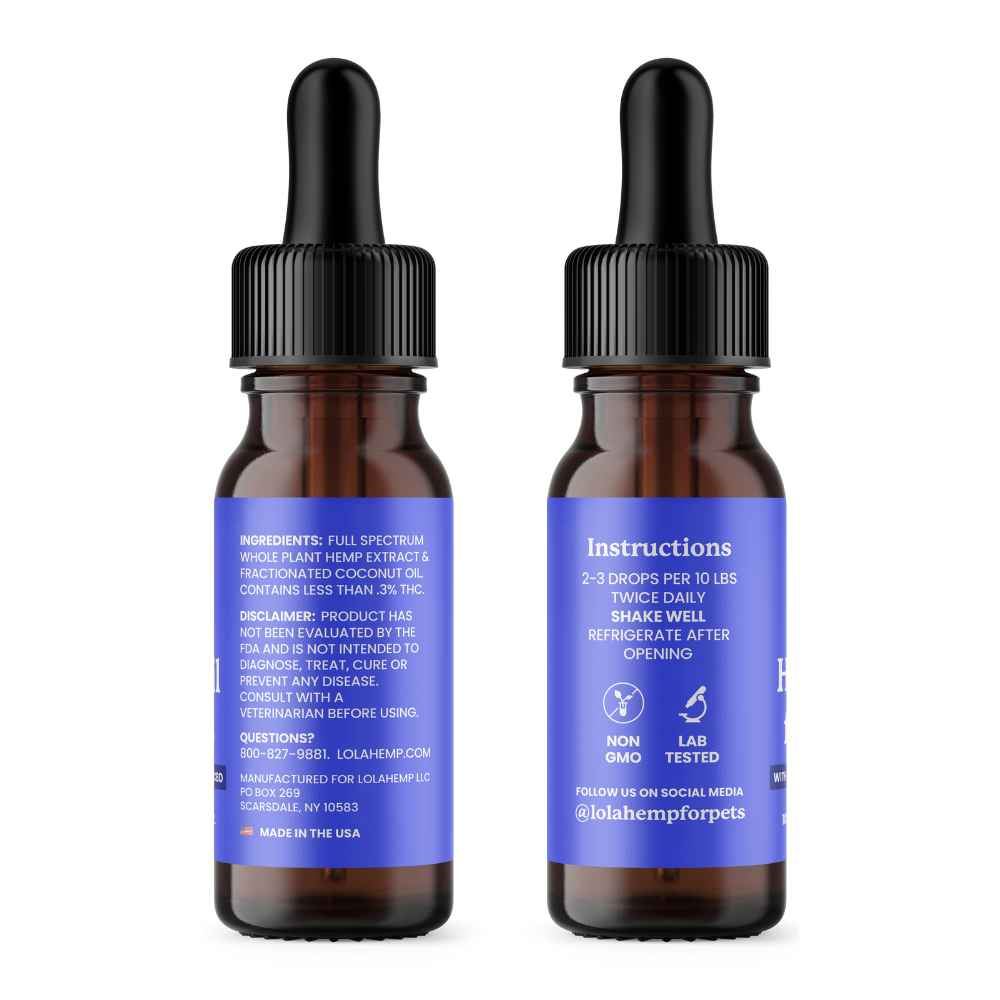Coconut oil offers a handful of potential benefits for cats, but it's important to manage your expectations when using it for your feline friend's skin, paws, or diet. Most of the benefits of coconut oil are reported by cat owners rather than veterinarians, so it's not likely to be something that your vet prescribes.
Still, it's important to discuss using coconut oil or products that contain it with your veterinarian before giving it to your cat or your dog. Let's look at the uses, benefits, and drawbacks of this natural ingredient for our feline friends.

Is Coconut Safe for Cats?
Yes, coconut oil is safe for cats in small amounts. Using too much could lead to digestive upset. At most, you should give your cat a half teaspoon per day and add it to their normal food if you're giving it to them as a dietary aid. More than this could cause diarrhea or vomiting.
If you're using coconut oil topically, you shouldn't notice any negative benefits unless your cat has an allergy to coconut oil, in which case you would notice those signs right away. It's safe for cats to lick coconut oil off of their skin after topical use if the oil you're using is pure, refined coconut oil without any additional ingredients.
Coconut oil is safe for topical use in cats, and less safe when used in diets.
- You can feed your cat up to half a teaspoon of coconut oil per day, although there aren't clear health benefits associated with this.
- Applying coconut oil to dry or cracked skin areas is safe, and cats can lick the coconut oil off of these areas safely.
- Fractionated coconut oil is a more tolerable and beneficial option than pure coconut oil, which is why it's often used as a carrier oil in pet products.
Benefits of Coconut Oil for Cats
The most prominent benefit of coconut oil for cats is its ability to soothe and moisturize dry or irritated skin. Many cat owners rub it on their cats noses, paws, or problem areas on their skin or coats.
Fractionated coconut oil (MCT oil) can have benefits on digestion and nutrient absorption, which is why it is commonly used as a carrier oil in things like CBD oil for cats. Additional benefits include support for the immune system and a potential reduction in hairballs.
The key benefit of coconut oil for cats is topical soothing and moisturizing.
- Topical applications are the most likely to show benefits.
- Fractionated coconut oil may have digestive benefits and support nutrient absorption.
- Pure coconut oil could have these benefits as well, although there isn't research to show this.
Downsides of Coconut Oil for Cats
The key risk of cats using coconut oil is digestive upset leading to vomiting or diarrhea due to its high concentration of saturated fats. The high concentration of saturated fats also increases the odds of pancreatitis, and feeding your cat coconut oil on a regular basis can cause weight gain for the same reason.
Feeding your cat pure coconut oil isn't proven to provide any health benefits, so the risk of side effects is likely higher than the chance you'll notice significant benefits.
The leading risk of coconut oil for cats is digestive upset.
- Digestive upset, diarrhea, vomiting, pancreatitis, and weight gain are key risks.
- Risks are less likely when used as a topical application.
Conclusion
Coconut oil is generally considered safe to feed cats in small amounts (no more than 1/2 teaspoon per day), but the most likely benefits come from applying it topically.
Coconut oil can be a moisturizer and soother for cats' skin, paws, and nose, although it doesn't necessarily have strong nutritional benefits when added to food. If you're considering adding coconut oil to your cat's life, talk it over with your veterinarian for best practices.
If you're interested in a product formulated for cats with coconut oil & full-spectrum hemp extract, Lolahemp CBD oil for cats is an organic solution.
Frequently Asked Questions About Coconut Oil for Cats
1. Is coconut oil safe for cats to eat?
Cats can consume up to half a teaspoon of coconut oil per day, but excessive amounts can cause vomiting, diarrhea, or weight gain.
2. Can coconut oil help my cat’s dry skin?
Yes. Coconut oil is most effective when used topically to moisturize dry skin, cracked paws, and irritated areas.
3. Is fractionated coconut oil better for cats than regular coconut oil?
Fractionated coconut oil (MCT oil) is easier to digest and commonly used in pet products as a carrier oil.
4. Can coconut oil cause side effects in cats?
Digestive upset, diarrhea, vomiting, and potential pancreatitis are possible side effects of ingesting too much coconut oil.
5. Can cats safely lick coconut oil off their fur?
Yes, as long as the coconut oil is pure and free of additives, it is safe for cats to lick small amounts during grooming.

